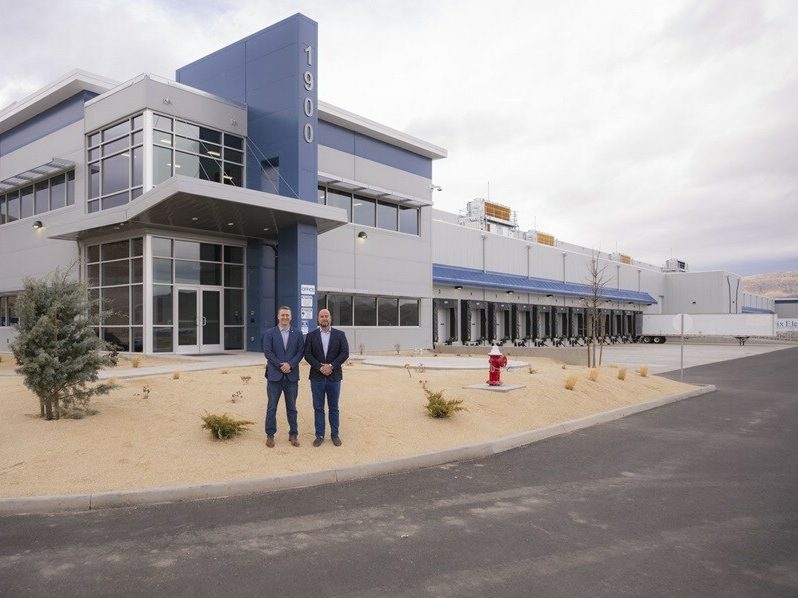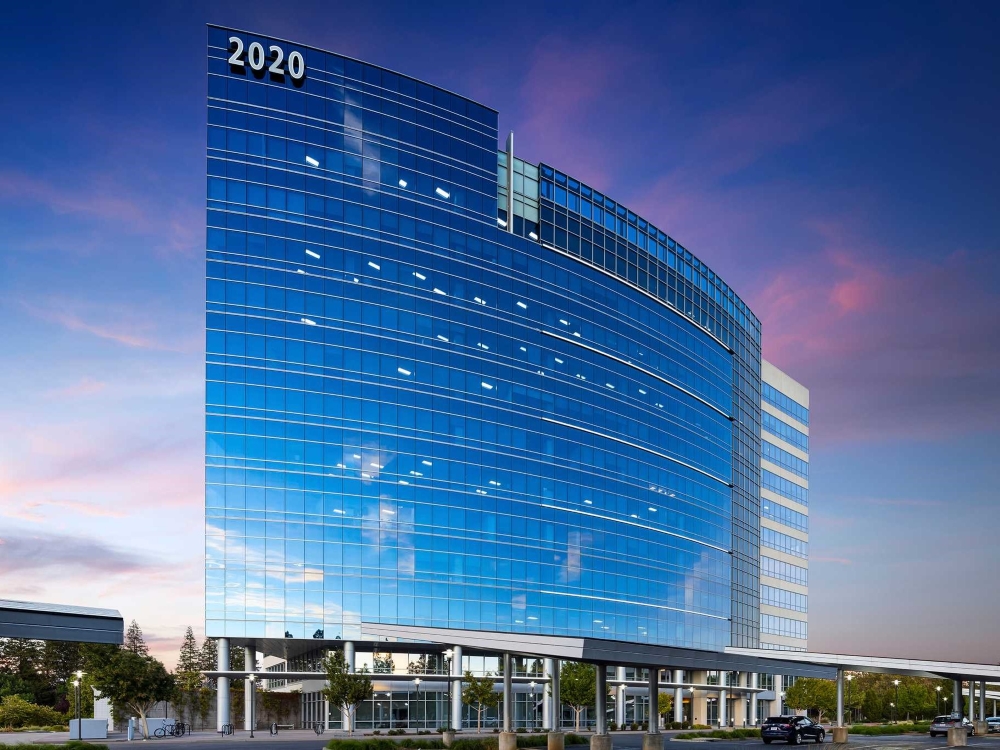European Credit Agency Evaluates WeWork Growth
The report from Scope Ratings and Scope Risk Solutions examines the ability of the high-profile coworking space provider to maintain its growth rate and the risks it poses to building owners.
By Gail Kalinoski
WeWork is growing, but is it too fast and too much of a risk for commercial property investors who may be considering the coworking and technology company as a prospective tenant? Those are among the questions raised in a case study from a leading European credit rating agency.
The case study from Scope Ratings and Scope Risk Solutions, its sister company and a provider of credit risk management services to institutional investors, examines WeWork’s emergence as one of the world’s most important tenants in office properties and how it may perform in the late stage of the economic cycle. The company has grown its membership from 7,000 in 2014 to more than 250,000 now, with about 460 prime locations offering more than 14 million square feet of office space, according to the report. Already the largest corporate office occupier in central London, the company plans expansions to new cities and countries, including Japan.
While it has established a recognizable brand, and has disrupted the office-space market by taking advantage of the trend toward coworking and shorter leases, Scope Ratings and Scope Risk Solutions note other real estate companies are competing, particularly in the mid-market office segment.
“Rival offerings from the likes of Knotel, British Land’s Storey and HB Reavis’ HubHub are endorsements of WeWork’s strategy, but also show how competition is heating up,” Anthony O’Mahony, an analyst at Scope Risk Solutions and study co-author, said in a prepared statement.
That certainly is true in Manhattan, where Knotel has been growing rapidly in recent months, as has WeWork. Knotel announced this week it had closed a $60 million round of funding led by Norwest Venture Partners that will aid its continued growth. It currently offers full-floor, fully-serviced branded office space at nearly 100 locations in New York, San Francisco, London and Berlin, and has more than doubled its footprint in the last six months to about 1.7 million square feet. The Knotel funding comes as it steps up its leasing efforts, particularly in Manhattan. This week, GFP Real Estate signed an 11,940-square-foot lease with Knotel at 80 8th Ave. in Manhattan and earlier this month, it signed a 28,820-square-foot least at 5 Hanover Square in Lower Manhattan. In September, the company added 31,973 square feet to its flexible workspace offerings at four buildings.
WeWork also announced a major new lease in Manhattan this week, taking the entire office portion at 149 Madison Ave.—or 115,000 square feet—at the 12-story Midtown South building owned by Columbia Property Trust, marking the third lease between WeWork and the office REIT in Manhattan. Other recent moves by WeWork in Manhattan included a 138,600-square-foot lease at SL Green’s 609 Fifth Ave. and a 69,679-square-foot lease at 880 Third Ave., an 18-story office tower in the Plaza District owned by Jack Resnick & Sons.
Issues to consider
While the Manhattan landlords don’t seem to be worried about the risk of leasing to WeWork, the Scope and Scope Risk Solutions case study does point out some issues that a building owner might want to consider, such as “a preponderance of short- to mid-term contracts with a material risk of subtenants leaseholds expiring, and the danger of contract mismatches given subleases of varying durations.”
The report notes Knotel could soon exceed WeWork’s space in New York; HubHub, the coworking brand of Slovakia’s HB Reavis, is expanding throughout Eastern and Central Europe and targeting Western Europe, and British Land no longer takes WeWork or its competitors as tenants because it has created its own Storey brand.
But on the positive side, the report states WeWork typically has about 84 percent occupancy, well above the 60 percent it says it needs to cover costs in each location, up from 81 percent last year. It has also been securing more established corporate clients with large staffs, such as Amazon.com and HSBC in addition to the start-up firms that previously made up most of its tenant base.
The report stated WeWork is positioning itself as a lifestyle technology company, while at the same time essentially relying on real estate arbitrage by taking long-term leases on office space and sub-letting on a short-term basis. Scope and Scope Risks Solutions also point out that WeWork’s costs are rising by 100 percent a year, growing faster than revenue, as it invests heavily in new locations and markets. The report questions whether that strategy will be sustainable.
“WeWork’s model is yet to be tested by a downturn. The capital spend may prove unsustainable and the free beer may have to go,” O’Mahony said.
Image courtesy of Scope Ratings an Scope Risk Solutions








You must be logged in to post a comment.